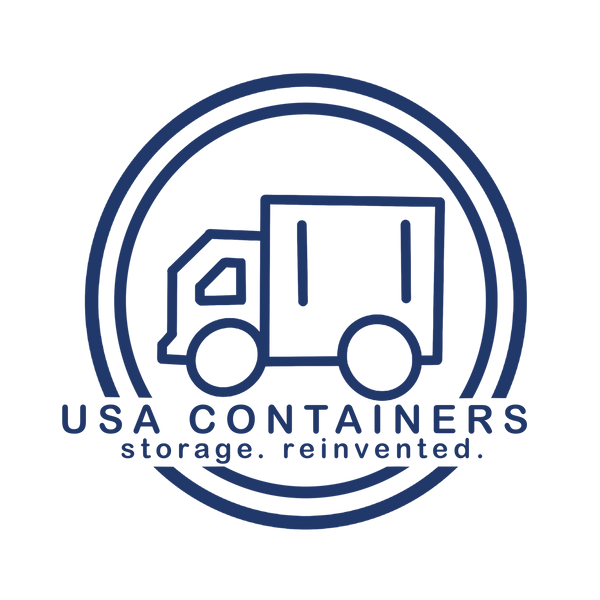
Things You Shouldn’t Store in Shipping Containers: A Practical Guide
Share
Shipping containers are sturdy, weather-resistant, and very versatile. They’re used for everything from mobile offices to backyard workshops, and when it comes to storage, few options offer more value for your money. But just because they’re built to last doesn’t mean you can store anything inside and expect it to be safe. In fact, there are quite a few things you really shouldn’t store in a shipping container—unless you want to deal with damage, safety hazards, or legal trouble.
1. Perishable Food
Shipping containers are designed for strength and security, not climate control. If you’re thinking of using one to store fresh produce, dairy, meat, or other perishable goods, think again. Without proper refrigeration (which standard containers don’t provide), food can spoil fast—especially in warm or humid conditions. Even canned or dry goods can spoil in fluctuating temperatures, making a climate-controlled space the better choice.
2. Hazardous Materials
Shipping containers might seem like a good place to store paint, gas cans, or cleaning chemicals, but most hazardous materials are a no-go. Not only are many of them flammable, but when sealed in a steel box with little ventilation, the risk of combustion or toxic fumes goes way up.
Storing items like propane tanks, fuel, pesticides, or industrial solvents can also violate local fire codes or environmental regulations. If you’re unsure whether something is classified as hazardous, check the label—or better yet, play it safe and store it elsewhere.
3. Live Animals or Plants
This one might sound obvious, but you’d be surprised. Some folks have used containers as temporary shelters for chickens, goats, or even dogs. Others try turning them into greenhouses. But unless the container is retrofitted with ventilation, lighting, and temperature control, it’s a bad idea.
Containers heat up quickly in the sun and can become dangerously cold in winter. That’s no environment for anything living. Without fresh air, light, or stable temperatures, both animals and plants are likely to suffer or die.
4. Firearms and Ammunition
If you’re considering using a shipping container to store guns, you’ll want to check local regulations. Gun laws vary widely from place to place.
Even if it’s technically legal in your area, conditions inside a container can make ammunition prone to degradation or even dangerous instability.
5. Electronics and Appliances
Unless the shipping container is climate-controlled, you’re better off storing sensitive electronics in a more stable environment.
6. Items Prone to Melting or Warping
Vinyl records, candles, oil-based art supplies, and plastic containers are all sensitive to heat. If your shipping container sits in the sun, interior temperatures can soar. Anything that melts, warps, or loses shape should be stored in a place with better temperature control.
If you’re planning to use a shipping container in a hot climate, you may want to install vents, insulation, or even a reflective roof coating.
Shipping containers are great for many things—but they’re not a one-size-fits-all storage solution. Knowing what not to store is just as important as knowing what will work. If you plan to use a container for storage, consider adding insulation, vents, or dehumidifiers to better protect your belongings.
When in doubt, think about the environment inside the container. If something needs steady temperatures, dry air, or added security, you might be better off storing it elsewhere.
Fill out the form below for a free shipping container quote from USA Containers:
